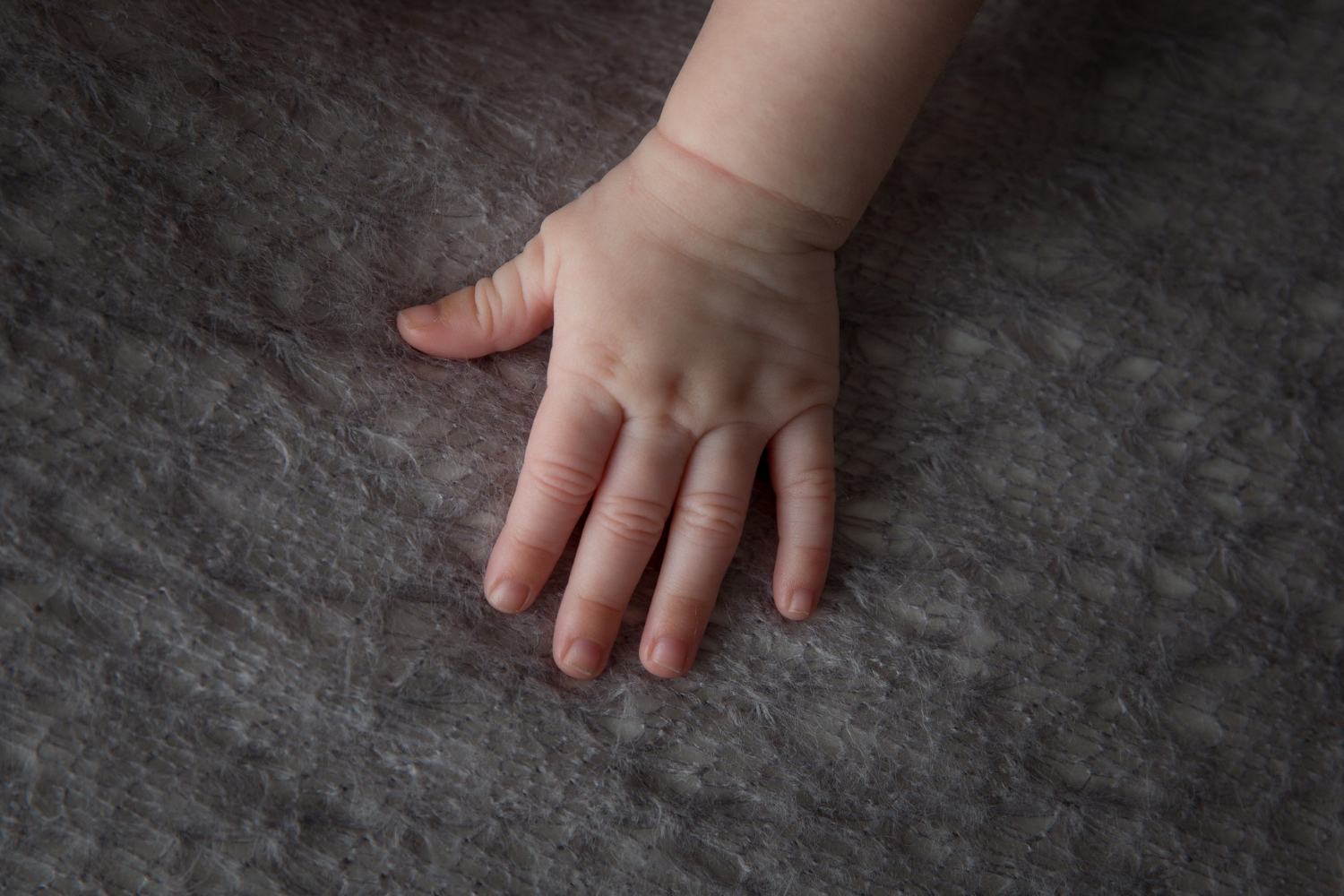
Nie rezygnuj z nadziei, nie daj się ponieść rozpaczy z powodu tego, co się stało. Opłakiwanie tego, co nie wróci, co zostało stracone bezpowrotnie, jest najgorszą z ludzkich słabości.
Nie porzucaj nadziei; rozpacz po stracie to samo-sabotaż. Skup się na teraźniejszości, buduj przyszłość, nie utykaj w przeszłości.
A Psychological-Philosophical Exploration of Gibran's Wisdom on Hope and Despair
Khalil Gibran's poignant observation, "Nie rezygnuj z nadziei, nie daj się ponieść rozpaczy z powodu tego, co się stało. Opłakiwanie tego, co nie wróci, co zostało stracone bezpowrotnie, jest najgorszą z ludzkich słabości," delves deep into the human psyche, touching upon our fundamental relationship with loss, time, and the self. As a psychologist, one immediately recognizes the powerful interplay between **cognitive coping mechanisms**, **emotional regulation**, and the **existential challenge of acceptance** that Gibran identifies.
At its core, this quote challenges the destructive nature of persistent rumination. From a psychological perspective, Gibran is advocating for a proactive stance against maladaptive grief. While healthy grieving is a crucial process, characterized by periods of sadness and reflection, Gibran warns against the *prolonged* and *unproductive* lamentation of what is irrevocably gone. This isn't to deny the pain of loss, but rather to highlight the psychological trap of becoming ensnared by it. Neuroscience suggests that such persistent focus on the past can reinforce negative neural pathways, making it harder to engage with the present and future. It depletes our psychological resources, hindering our ability to adapt and find meaning anew.

Ranisz siebie, bo chronisz
wewnętrzne dziecko?
To ta odrzucona część Ciebie, która wciąż czeka na poczucie bezpieczeństwa, uznanie i miłość. I tylko Ty możesz ją nimi obdarzyć🤍
The concept of "najgorszą z ludzkich słabości" points to the profound **self-sabotage** inherent in this behavior. It's a form of willful stagnation, where an individual remains tethered to a narrative of loss, preventing psychological growth and the re-establishment of a sense of purpose. Philosophically, Gibran echoes Stoic principles of focusing on what is within our control – our reactions and attitudes – rather than what is outside of it, which includes the unchangeable past. The quote encourages a shift from a **backward-looking perspective** to a **forward-looking one**, emphasizing the power of choice in navigating adversity. Embracing hope isn't about denying reality but about acknowledging the potential for renewed meaning and growth even in the wake of profound loss. It's a call to psychological resilience and the active construction of a future, rather than being passively consumed by the past.

W świecie, który każe Ci być kimś, odważ się być sobą.
Radykalna samoakceptacja to zaproszenie do wewnętrznej wolności.
Zobacz, czym jest i jak wiele może Ci dać!